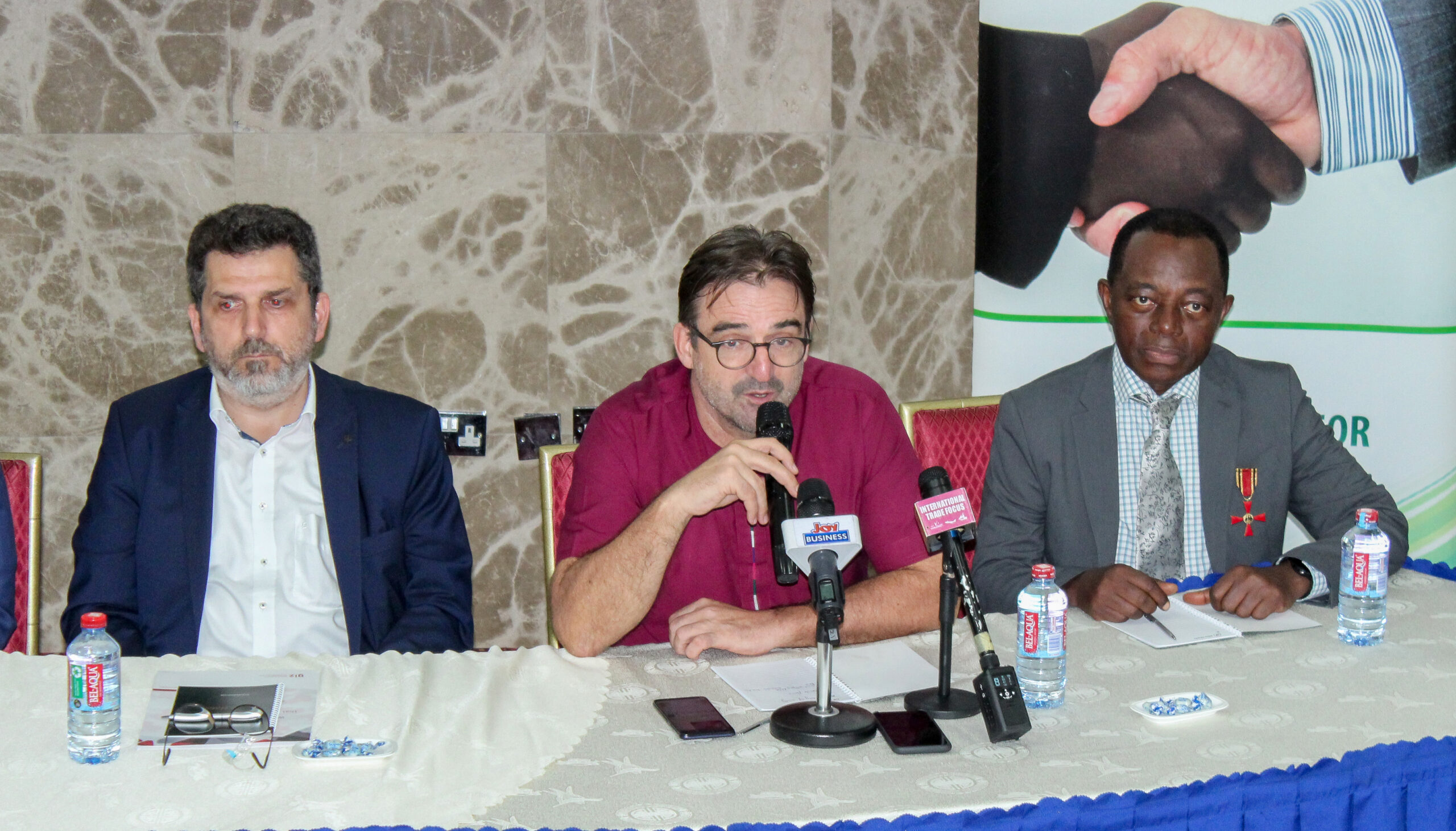The Ghanaian-German Economic Association (GGEA), an alliance of Ghanaian and German international companies and business executives, has stressed the need for the government to focus attention on expanding the tax net rather than being heavy-handed on the already taxpaying companies.
The President of GGEA, Stephen Antwi, said the situation where the Ghana Revenue Authority (GRA) was “increasingly getting overly aggressive on the business community” in terms of tax collection was counterproductive and had dire consequences for the investor community.
At a forum dubbed “Doing Business with Germany” in Accra last Wednesday, he said although the business community was committed to helping the government generate the needed revenue for development, it was also concerned about the mode of operation of the GRA.
“Their mode of operation has been oppressive without any doubt, and it is affecting companies adversely.
Imagine that you are there and you receive emails and visitations that you are going to be audited, and you have to stop all that you are doing and devote all the time to them.
“Yes, we want the government to generate revenue to pursue its development agenda, but we also think that it is about time that the tax net is expanded to include a lot more people who hitherto have not been paying any tax,” the lawyer and management consultant said.
Mr Antwi added that there were low-hanging fruits, especially in the informal sector, where the government could generate more revenue from taxes.
“Look around and there is construction going on all over the place.
There are carpenters, masons, painters and other artisans out there in that space.
We can rope them in.
You may say it is little, but a little drop of water makes a mighty ocean,” he stressed.
Mr Antwi added that although it might look a bit difficult to rope players in the informal sector into the tax net, it was possible if the right systems were put in place.
Strategic partnerships
The GGEA president also underscored the need for managers of the economy to put in place prudent policies to improve the business environment and attract more investors.
Mr Antwi added that even though all the economic indicators were pointing in the wrong direction, there was still hope that local businesses could thrive by resorting to strategic partnerships and doing things that would create wealth.
“I also advise that we leverage partnerships, especially with German businesses, because we need technology, creativity and outside-the-box thinking as we move on in this stage of our business life; and we think we our partners in Germany, we will be able to scale up these things,” he added.
The lawyer and management consultant also said strategic partnerships with stronger brands would help local businesses to scale most of the challenges relating to access to capital, quality goods, services and opportunities to enter the European market.
Prudence
The German Ambassador to Ghana, Daniel Krull, who made a presentation on how Ghanaian businesses could do business in his country, called on decision-makers in the country to be more strategic in their economic policies to make the business environment more conducive for investors.
He observed that with the country’s strategic location, growing population, energy potential and relative peace, proactive policies could open up local businesses to foreign investors.
Mr. Krull added that if businesses in the country wanted to take advantage of opportunities for partnerships with German businesses, they needed to explore opportunities in areas such as the construction sector, technology and energy solutions.
The German ambassador said one of the areas businesses in the country could pay more attention to was to take graduates from technology institutions and train them on social skills to feed industry.
Opportunities
The Head of Programmes at the German Development Cooperation (GIZ), Dr Christian Jahn, said the German organisation was focused on providing capacity-building services in areas such as technical and vocational education and training (TVET), digital technology and data and regular migration.
He said GIZ had also prioritised public and private partnerships as it had the potential to address development challenges.
Dr Jahn called on local businesses to look for opportunities in those areas and also strive to adhere to quality standards.
Source: graphic.com.gh





